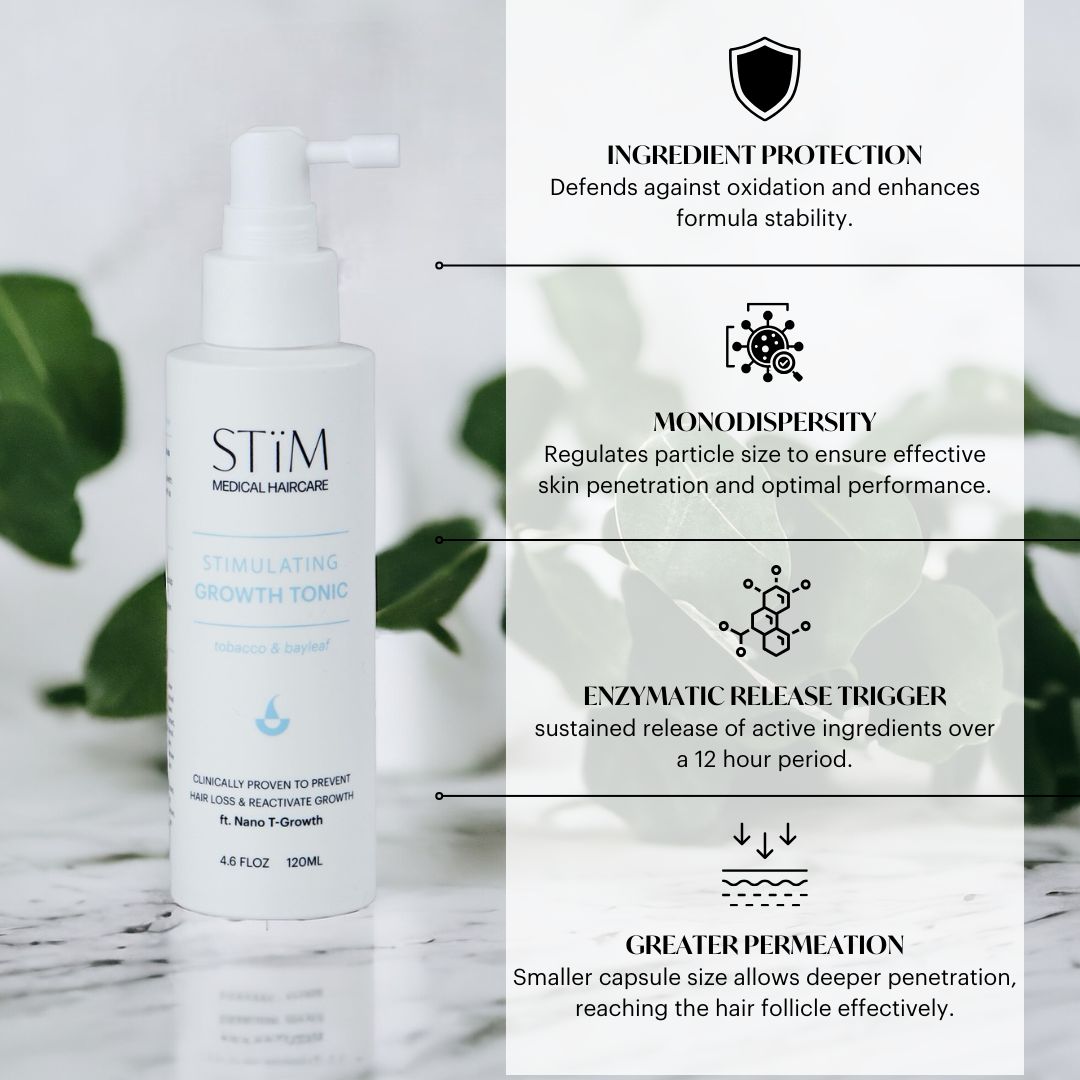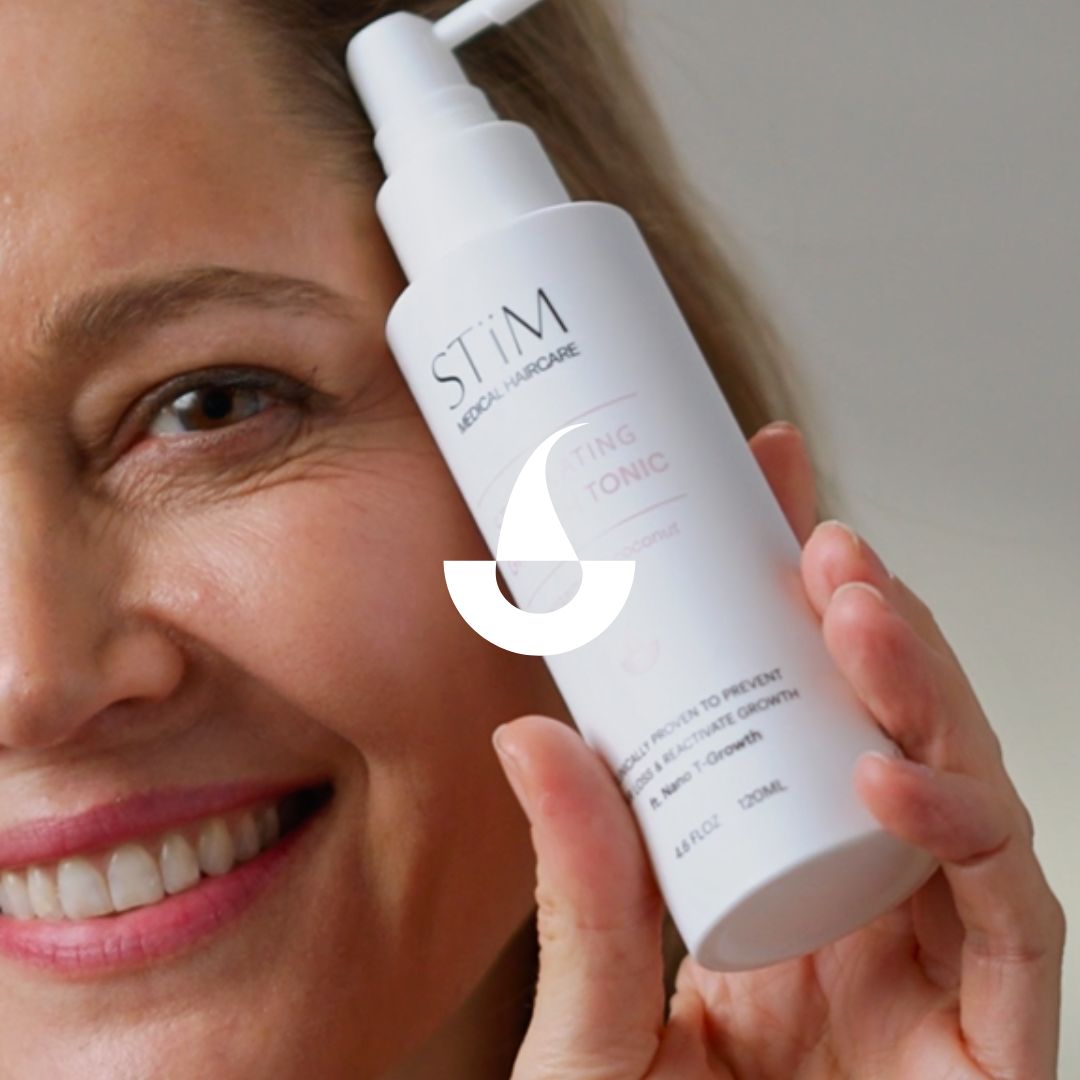Understanding Postnatal Hair Loss: Causes, Remedies, and Recovery Tips

Understanding Postnatal Hair Loss: Causes, Remedies, and Recovery Tips
Bringing a new life into the world is an incredible journey, filled with joyous moments, and a few cheeky challenges... One common experience many new mothers face is postnatal hair loss. If you've noticed more strands on your pillow or in the shower since giving birth, you're not alone! This guide will explore the causes, remedies, and recovery tips for managing postnatal hair loss, helping you navigate this temporary phase with confidence.
What is Postnatal Hair Loss?
Postnatal hair loss, also known as postpartum hair loss, is a common condition experienced by many women after childbirth. Typically, hair growth follows a cycle of growth, rest, and shedding. During pregnancy, increased levels of estrogen prolong the growth phase, leading to thicker, more lustrous hair. However, after childbirth, hormone levels drop, causing more hair than usual to enter the shedding phase.
Causes of Postnatal Hair Loss
- Hormonal Changes: The primary cause of postnatal hair loss is the sudden decrease in estrogen levels after delivery. This hormonal shift triggers the hair to transition from the growth phase to the shedding phase.
- Nutritional Deficiencies: Pregnancy and breastfeeding can deplete essential nutrients in the body, such as iron, zinc, and vitamins, which are crucial for healthy hair growth.
- Stress: The physical and emotional stress of childbirth, along with the demands of caring for a newborn, can contribute to hair thinning and loss.
Remedies for Postnatal Hair Loss
- Balanced Diet: A nutrient-rich diet is essential for promoting hair health. Include foods high in iron, zinc, vitamins A, C, D, and E, and omega-3 fatty acids. Leafy greens, nuts, seeds, fish, and lean meats are excellent choices.
- Stimulating Hair Care: Use a shampoo and conditioner designed to stimulate follicles, prevent hair fall and enhance scalp health without irritation. Avoid tight hairstyles, products containing harsh chemicals, and excessive heat styling, as they can exacerbate hair loss and breakage.
- Supplements: Consult your healthcare provider about taking supplements, such as vitamins, biotin, or iron, to support hair growth.
- Scalp Massage: Regular scalp massages can stimulate blood circulation, promoting healthier hair growth. Use a natural, oil-free tonic for added benefits.
- Stress Management: Incorporate stress-relieving activities into your routine, such as yoga, meditation, or simply taking time for self-care.
Recovery Tips and Timeline
Postnatal hair loss is usually temporary, with hair growth typically resuming six to twelve months after childbirth. However, recovery can vary depending on individual factors such as overall health, nutrition, and stress levels. Here are a few tips to help you through this period:
- Be Patient: Remember that postnatal hair loss is a natural process, and your hair will gradually return to its pre-pregnancy state.
- Stay Consistent: Stick to a healthy hair care routine and a balanced diet to support your hair's recovery.
- Seek Professional Help: If hair loss persists beyond a year or seems unusually severe, consult a dermatologist or healthcare provider to rule out other underlying conditions.
In conclusion, Postnatal hair loss can be a distressing experience for new mothers, but understanding the causes and implementing effective remedies can help manage this temporary condition. By maintaining a healthy lifestyle, using the right hair care, and managing stress, you can support your hair's recovery and regain your confidence. Remember, you're not alone on this journey, and with time and care, your hair will bounce back.








